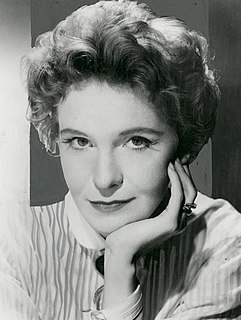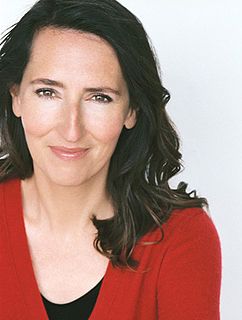A Quote by Max Hastings
I've always found women more loyal, more disciplined, less neurotic, more hardworking. I just think they're perfect colleagues. Whereas, God knows, I've dealt with plenty of neurotic men.
Related Quotes
In general, I've found female protagonists more intriguing to work with than males. I cherish women and have always preferred their company, reveling in their perfumes, their contours, their finer-grained sensibilities, lunar intuitions, nurturing instincts and relatively unfettered emotions--although I'm certainly not unaware that there are plenty of neurotic, uptight, stupid women in the world.
I think women are much more open to new ideas but approach a line more from a more personal and skeptical place - you need to seduce them into your clothes, whereas most men just like to be told what they should be wearing. Women are a bit like cats and men like dogs in that respect when it comes to clothes.
Here's the pay paradox that Why Men Earn More explains: Men earn more money, therefore men have more power; and men earn more money, therefore men have less power (earning more money as an obligation, not an option). The opposite is true for women: Women earn less money, therefore women have less power; and women earn less money, therefore women have more power (the option to raise children, or to not take a hazardous job).
Don't wait until everything is just right. It will never be perfect. There will always be challenges, obstacles and less than perfect conditions. So what. Get started now. With each step you take, you will grow stronger and stronger, more and more skilled, more and more self-confident and more and more successful.
If you're neurotic and you think, I'm not where I deserve to be or my mother didn't love me, or blah, blah, blah, that lie, that neurotic vision, takes over your life and you're plagued by it 'til it's cleansed. In a play, at the end of the play, the lie is revealed. [T]he better the play is, the more surprising and inevitable the lie is, as Aristotle told us. Plays are about lies.

































